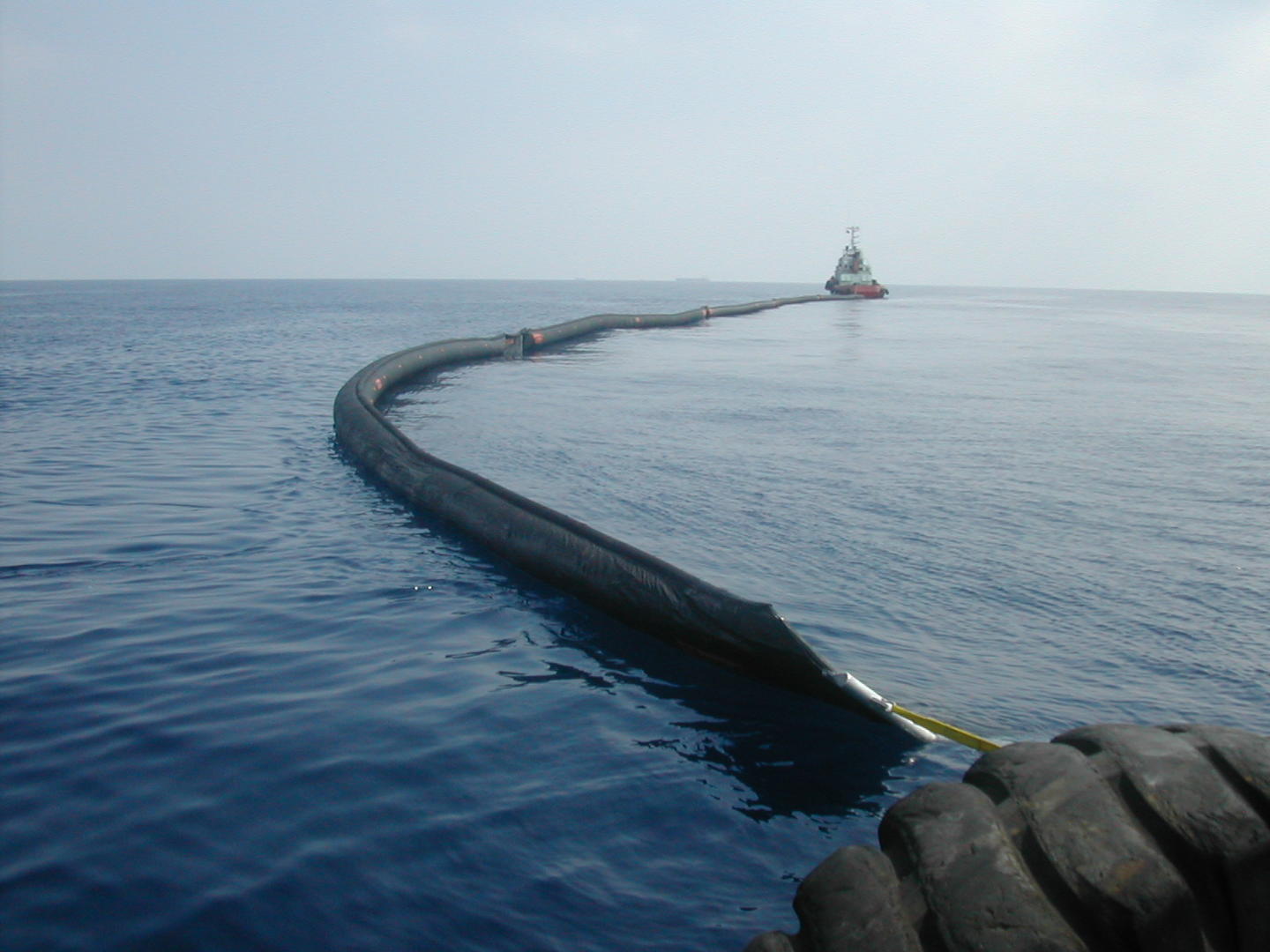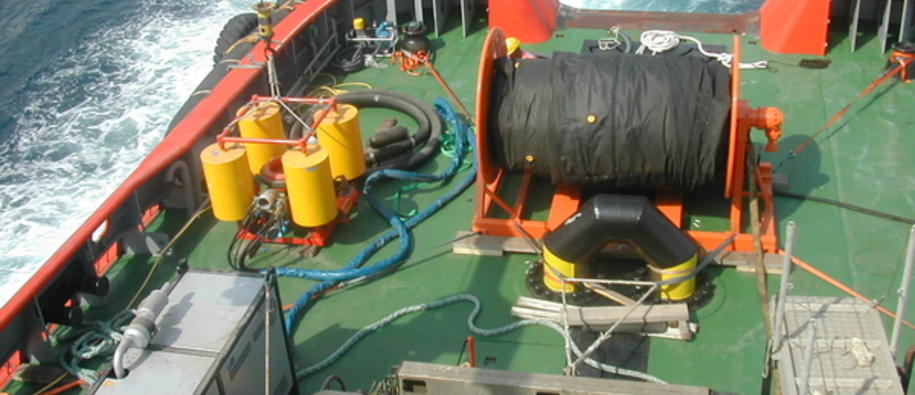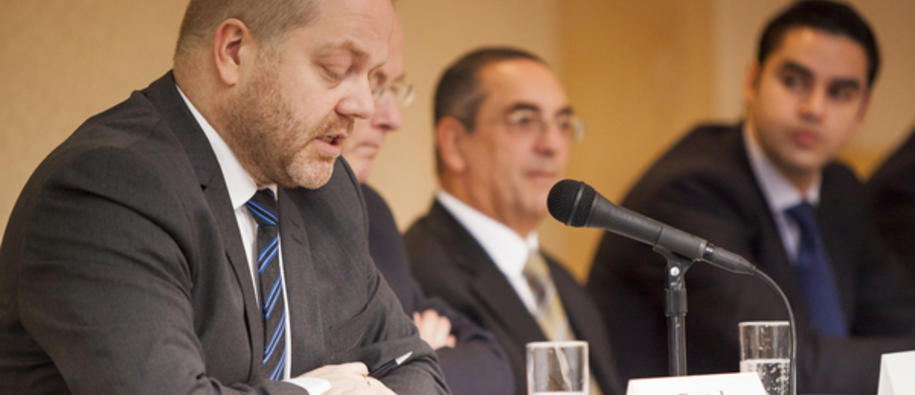With approximately one-fourth of the world’s oil tankers plying close to its waters, Malta’s Mediterranean coastline runs a daily risk of oil spills and pollution from other hazardous and noxious substances. The number of tankers sailing close to Malta’s shore is increasing. So too are extreme weather conditions related to climate change, which pose a potential threat to the ocean and shores. In addition, oil drilling will soon be underway in one of the four zones in Maltese continental shelf area. Funds from Iceland, Liechtenstein and Norway aim to address Malta’s training needs and preparedness in the event of an oil spill and will also include a study to address the risks from offshore drilling and amend the contingency plan as necessary.
A large scale oil spill would have a potentially devastating impact not only on the coastal ecosystem and biodiversity, but also on the local economy, heavily dependent on tourism and fisheries. Without a strong oil spill response capacity, the entire island and its population’s way of life could be under threat.
“Besides the environmental and economic impacts, it could affect our drinking water and close down our ports, most notably the port of Valletta, which is our lifeline for imports and exports,” Gabriele explains.
Addressing training needs
The project under way in the current 2009-2014 funding round addresses two key concerns: one is to look at the training requirements based on a training gap analysis; the other to conduct a yield study on a potential pollution from offshore oil drilling operations.
“Training is one of our main priorities. The number of trained personnel has dwindled a lot over the years and we clearly see the needs,” Gabriele points out.
A series of measures have already been introduced to strengthen Malta’s response capacity. In the previous 2004-2009 funding round, Iceland, Liechtenstein and Norway provided €800 000, enabling Malta to establish a national containment and clean-up system for major oil spills. This included a thorough risk assessment and the development of an action plan with steps to take before, during and after a large oil spill. The funds also helped with the purchase of equipment needed to contain an open-sea spill, such as booms, skimmers and a high capacity skimmer.
“This gives us the equipment to handle a Tier 2 spill*, but we still need to address our training needs,” he says.
Involving all stakeholders
The response operation and coordination in the event of an oil spill is complex and involves a large number of stakeholders. All operations are directed from the Transport Malta's Emergency Control Centre, in cooperation with the Maltese Armed Forces, Police, Environment and Planning Authority and Civil Protection Department. But civil society also has a role to play, alongside the public authorities:
“It is very important for us to have a strong pool of trained personnel. Our ambition is to train more than 22 persons, and make a strategic number of them able to pass on their knowledge to the local population and NGOs,” Gabriele says.
Gabriele carefully points out that assistance is needed from other countries in the event of a large scale oil spill (on Tier 3 level), but maintains that the oil contingency has improved and will take into account the increased level of activities close to the Maltese coastline.
“We aim in adding a section to our oil spill contingency plan to address exploration drilling, and the Norwegian Coastal Administration (NCA) is being of great assistance in helping us formulate the requirements for tenders and assess the risks for drilling offshore," he outlines.
Coinciding interests
The Norwegian Coastal Administration is involved as a donor project partner and will guide and assist Transport Malta in the implementation of the project. Johan Marius Ly, Director for the Department for emergency response at NCA, is very satisfied to continue many years of cooperation:
“The NCA has longstanding experience and expertise from Norwegian offshore oil activities and shipping. Our experience working with TM is positive, and the implementation of the project is going well,” Ly explains.
Ly sees the future potential for cooperation beyond the finalisation of the project.
“The main priority in the first instance is of course to successfully help TM address their training requirements and conduct a yield study on a potential pollution from offshore oil drilling operations. But we are of course also interested in continuing our cooperation in the longer term as well,” he says.
Gabriele also pays tribute to the cooperation:
“We have received really valuable advice and we quite simply feel we have hit the nail on the head with regard to partnerships. For example, we could never have developed the requirements for tenders ourselves,” he adds.
About the project
Iceland, Liechtenstein and Norway have provided €442 202 to this project from the EEA Grants.
Read more about programmes in Malta on their country page.
Read more about projects going on in Malta here.
*A spill occurring at a facility where additional local response resources would be required.


